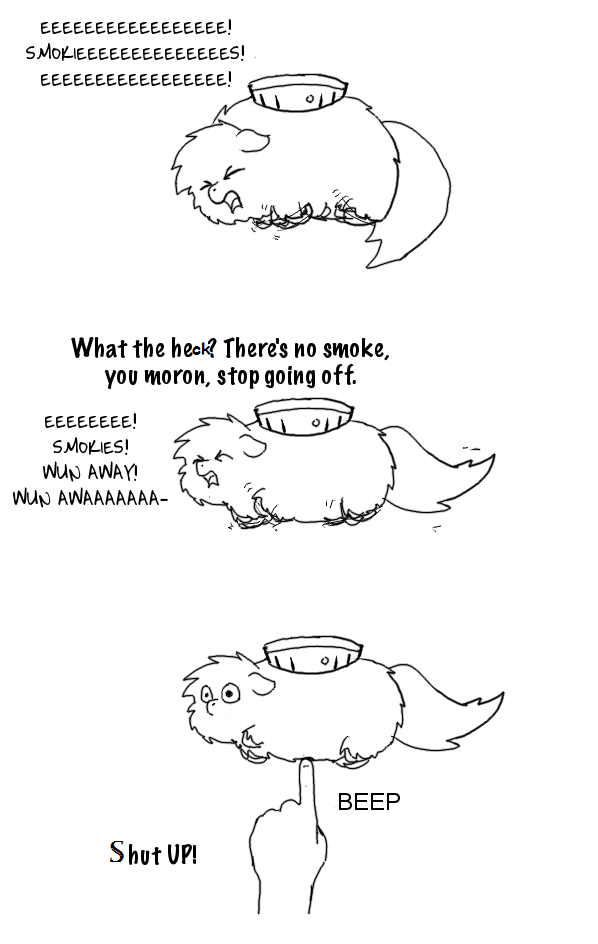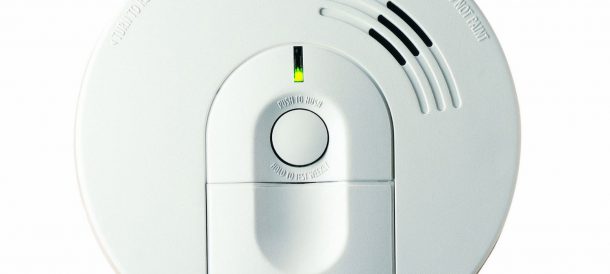Smoke Detector Safety: Kitchen Edition
Smile if you have been here before, you are cooking in the kitchen are you are preparing a meal for yourself or others. You want to make sure what you are cooking is well done or baked properly. Suddenly the high pitch wail of the smoke detector goes off behind you causing momentary panic and then mostly anger. You KNOW the food you are cooking is getting a little smoky, but it only needs a little more! Now you need to either take it off the heat or risk burning it while you deal with the smoke detector. You make your choice and go stomping over with your broom/towel and start waving at the smoke detector like a madman to prevent it from going off again. While you are fanning the smoke detector off for the umpteenth time this month you really start to wonder why you still have the blasted thing on! Serious consideration is given to disconnecting it so you don’t have to do this dance tomorrow as well. I am sure some of you did disconnect that smoke detector! This is a very dangerous thing to do and there is a better way of minimizing the false alarms and still have a working smoke detector in your kitchen.
 Picture Source
Picture Source
First, it is very important to understand that in no way, shape or form is disconnecting the smoke detector the best choice. As the Consumer Product Safety Commission puts it, “A smoke alarm is critical for the early detection of a fire in your home and could mean the difference between life and death. Fires can occur in a variety of ways and in any room of your home. But no matter where or how having a smoke alarm is the first key step toward your family’s safety.”
The best options for us home cooks who can’t help but set off the smoke detector with our fabulous cooking is to switch to a photoelectric alarm. Most alarms in homes use an ionization process to detect fires but studies and testing have shown that photoelectric smoke alarms work better in the kitchen to greatly reduce false alarms. On average they are around $15 more than an ionization smoke detector. The photoelectric alarm has a significantly lower probability of nuisance tripping which is very handy for us home cooks that like our food a little crispy. An important note is that the photoelectric alarm performs just as well as an ionization alarm and even outperforms it in many categories. Iowa and Vermont have even mandated that all smoke detectors be photoelectric.
Remember, whenever that pesky smoke alarm is going off in the kitchen because you like your toast a little crispy there is another solution other than disconnection. Without sacrificing performance, installing a photoelectric alarm will allow you to slightly burn your toast to your heart’s content! At the same time, it will properly alert you to any and all emergency situations.
